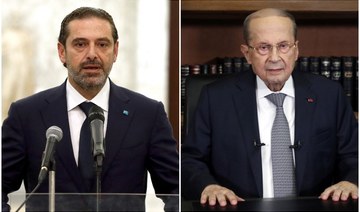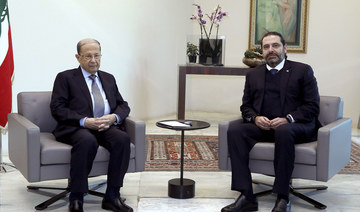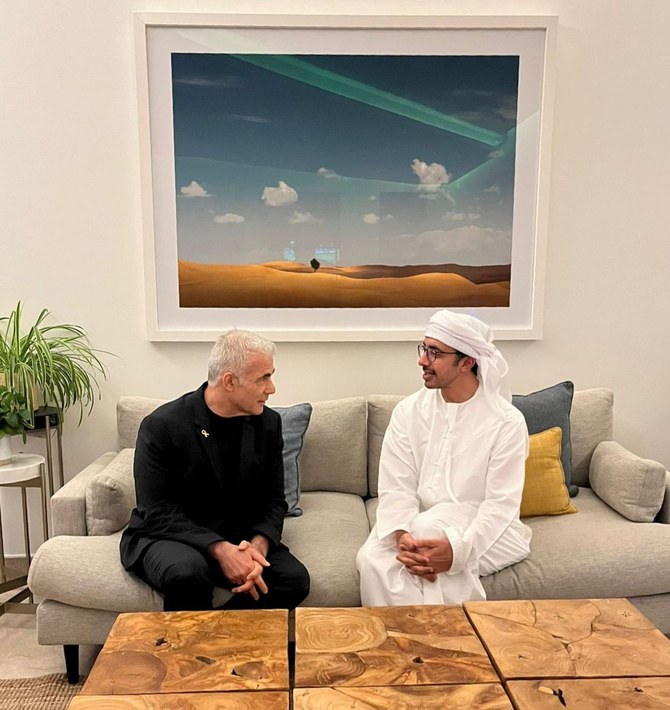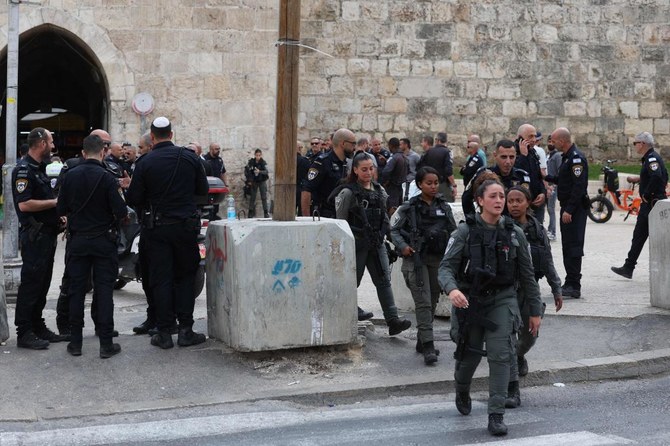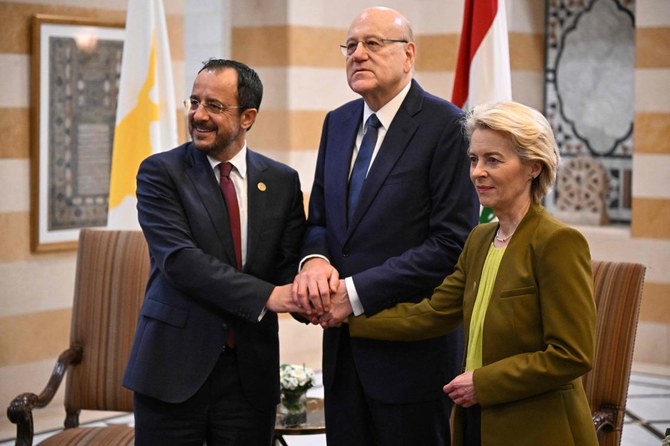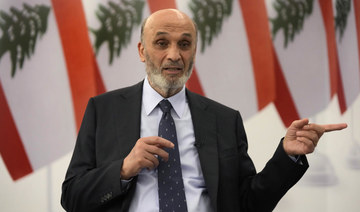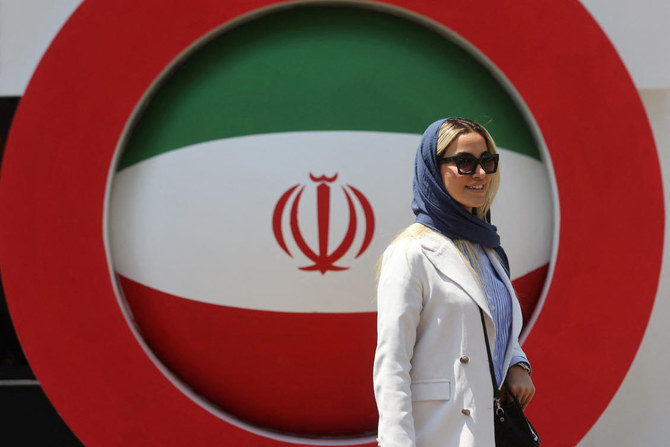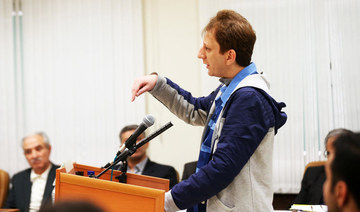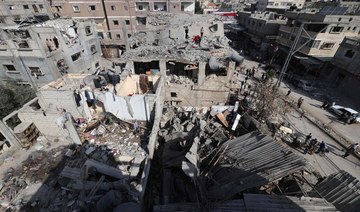BEIRUT: Lebanon’s Prime Minister-designate Saad Hariri said on Saturday that he will not form a Cabinet that simply caters to President Michel Aoun’s wishes.
“I will not form a government as the team of the president wants it, or any other political faction,” Hariri told a parliamentary session.
The prime minister-designate added that he “will only form the kind of government needed to stop collapse and prevent the big crash that is threatening the Lebanese.”
Hariri’s remarks came in response to the president’s letter to parliament calling on MPs search for an alternative to the prime minister-designate.
Parliament’s plenary session was broadcast live and lasted for about two hours.
Lebanon has been without a government for seven months after Hassan Diab’s resignation as prime minister in the wake of the Beirut port blast which killed more than 200 people last August.
Hariri told parliament that “the truth of what is happening is that the president of the republic tells the deputies in his message: ‘You named a prime minister, I do not want him, and I will not allow him to form a government. Please, get rid of him.’ This is an attempt to absolve the president of the republic from the accusation of obstructing the formation of the government.”
The prime minister-designate also said that Aoun sent messages to foreign capitals similar to his letter to parliament “to protect some of those around him and the political team from European sanctions.”
He accused Aoun of “wanting us to amend the constitution. If we don’t, he wants to change the constitution in practice without amendment.”
Hariri claimed that “the president wants to get rid” of him.
“If Aoun had released the government formation that I presented to him six months ago, wouldn’t we have made a lot of progress in criminal scrutiny at the Banque du Liban and started it in all the ministries and institutions of the state?” he asked.
“Wouldn’t we have achieved the agreement with the International Monetary Fund and launched the reform workshop?
“Wouldn’t we have started rebuilding what was destroyed by the horrific Aug. 4 explosion in Beirut?
“Wouldn’t the national currency have settled on a unified and reasonable exchange rate against the dollar? But what can be done, while we have an administration that insists on establishing itself as a hero in wasting opportunities.”
Hariri described the statement that “a Muslim prime minister has no right to name Christian ministers” as “trivial talk.”
BACKGROUND
Lebanon’s Prime Minister-designate Saad Hariri said that President Michel Aoun sent messages to foreign capitals similar to his letter to parliament ‘to protect some of those around him and the political team from European sanctions.’
Responding to Aoun’s accusation that he was “incapable of forming a government,” Hariri added: “I did all that was necessary and more, and endured the intolerable, to form a government that begins to combat collapse.
“I literally heard from some parliamentary blocs that they do not want anything, and that whatever I agree on with the president is acceptable for them.
“I visited the president 18 times, assuring him of my readiness to reach an understanding within the necessary principles for a government by the stated standards. He confirmed to me three times his approval of a government of 18 ministers.”
Former US Assistant Secretary of State for Middle East Affairs David Schenker said in an interview with Al-Hurra channel on Friday that “President Aoun and MP Gebran Bassil, the president’s son-in-law, do not want a technocratic government that begins with reforms because that would undermine Hezbollah’s position, as well as some political ambitions of Lebanese politicians.”
“We do not want to change the government in Lebanon or to face all the militias supported by Iran in the region,” Schenker said.
“US President Joe Biden targets those who support Hezbollah with sanctions, but it is up to the Lebanese people to stand up and face this reality.”
The parliamentary session on Saturday “took a position that the prime minister-designate should proceed in accordance with the constitutional principles to quickly reach the formation of a new government in agreement with the president.”
Parliamentary Speaker Nabih Berri put forward the position, which was adopted unanimously by a show of hands.
With this step, Berri suspended any discussion that would have followed the speeches of Gebran Bassil, the leader of the Free Patriotic Movement (FPM), and Hariri — which could have developed into a sectarian confrontation.
Tensions ran high in Saturday’s session against the background of two speeches, the first by Bassil and the second by Hariri.
Hariri left the hall as Bassil began his speech.
The parliamentary session began with Berri’s speech, in which he called for unity over recent events in occupied Palestine.
Bassil, who is seeking to expand the influence of the president in government formation and in choosing ministers, said “the distribution of portfolios must be equal between the sects and the blocs.”
He said that the prime minister-designate “is naming all the ministers without speaking with the parliamentary blocs, which does not facilitate the formation.”




